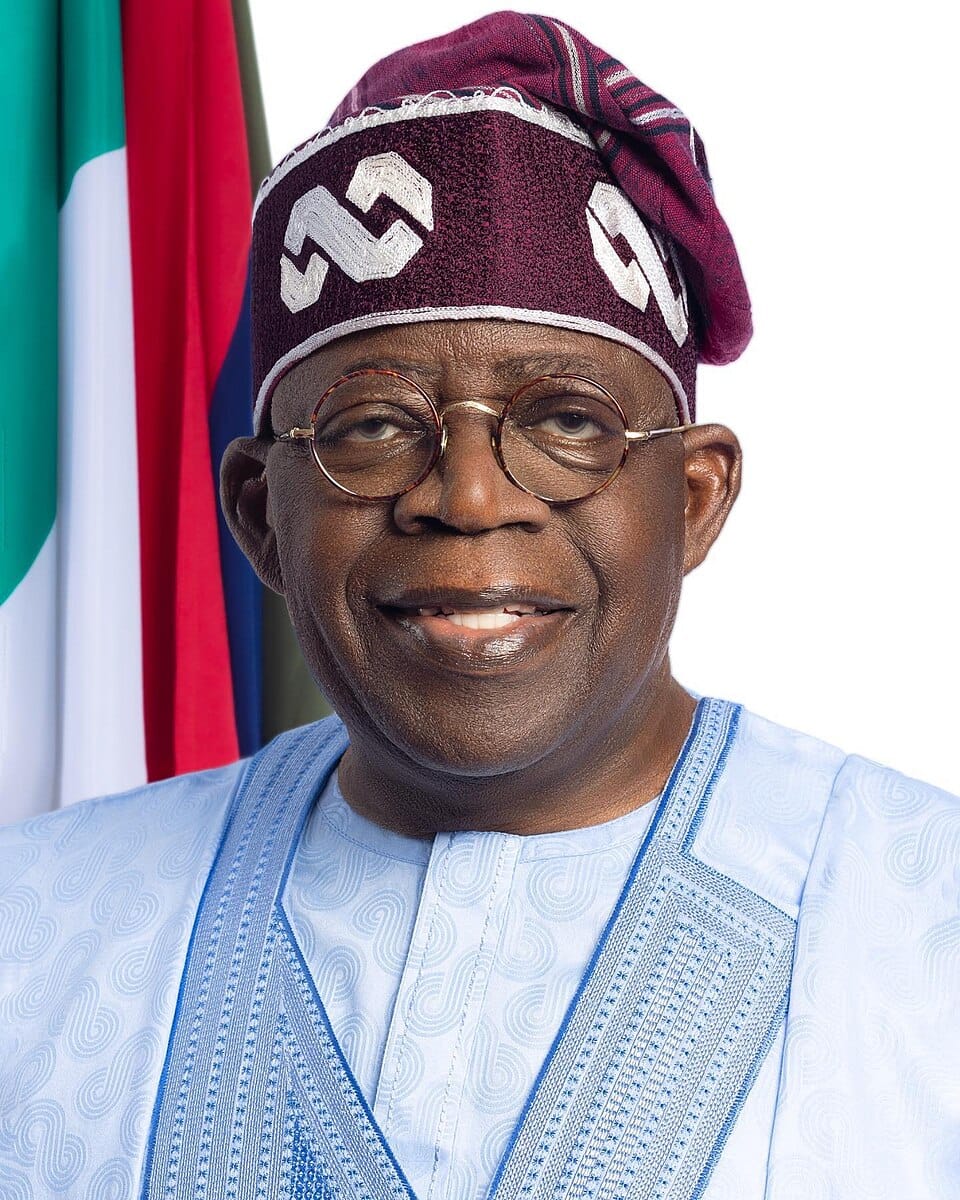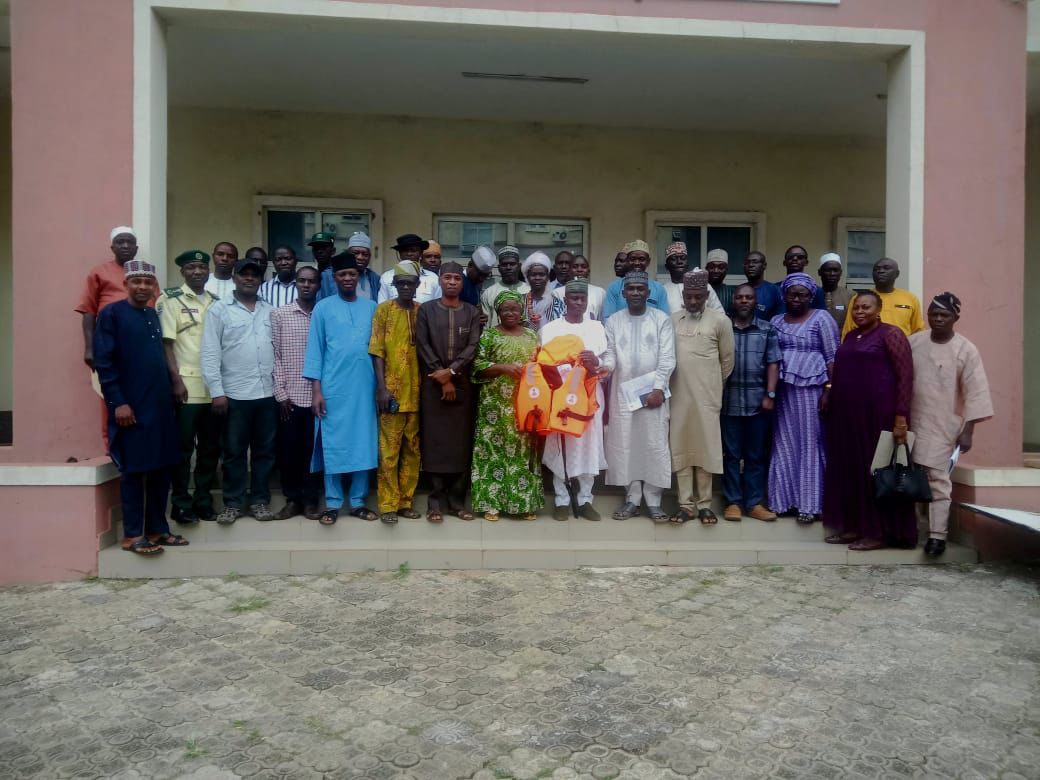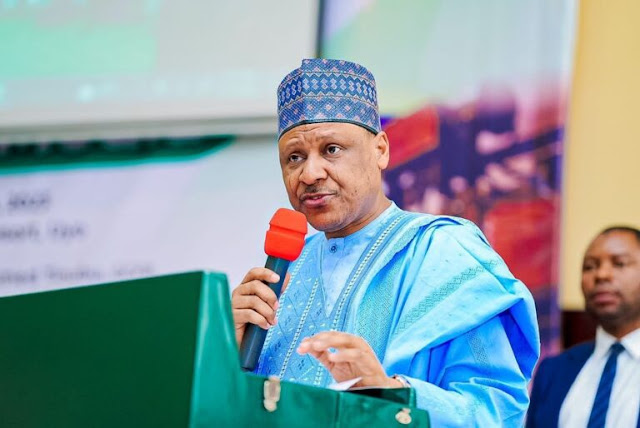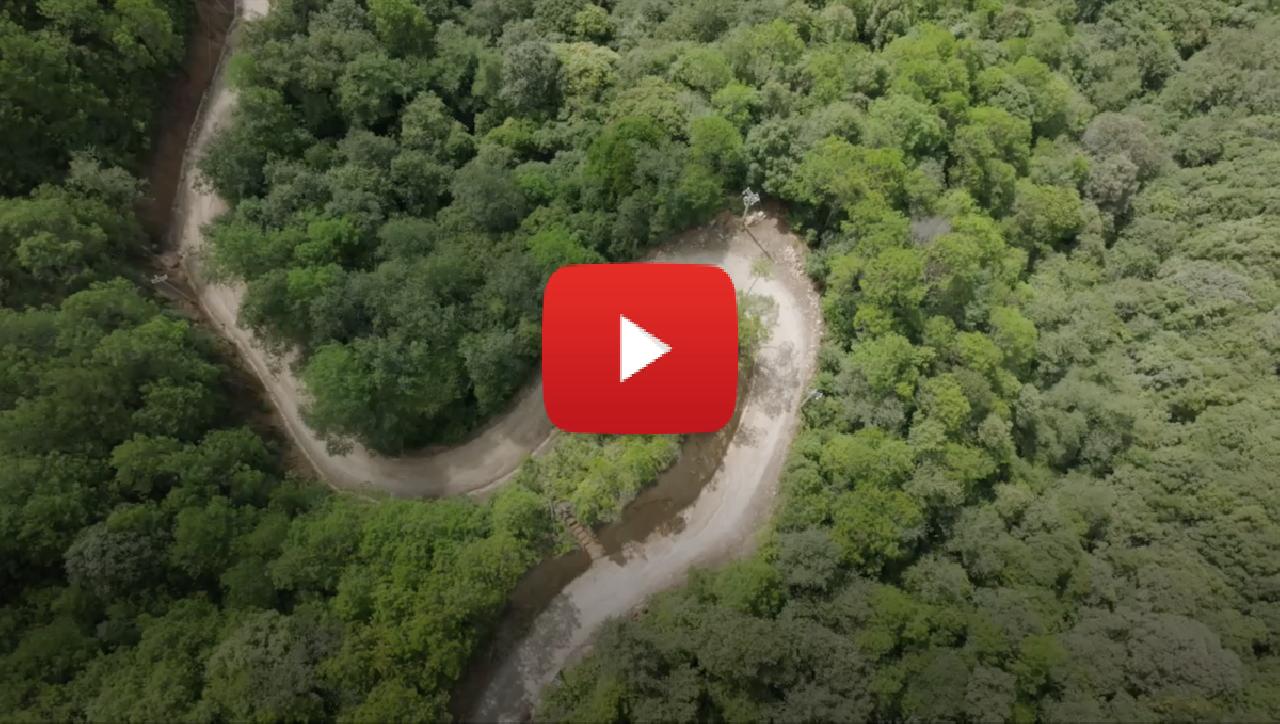On Wednesday, August 27, 2025, Delta State marked its 34th anniversary with a celebration of its remarkable transformation, particularly the evolution of its capital, Asaba, into a vibrant metropolitan city. Speaking to journalists after an interdenominational thanksgiving service at the Government House Chapel in Asaba, Comrade Reuben Izeze, the Delta State Commissioner for Works (Highways and Urban Roads), hailed Asaba’s growth as a unifying force and a key reason for Deltans to celebrate. Reflecting on the state’s journey since its creation in 1991, Izeze highlighted the unity, resilience, and infrastructural advancements that have defined Delta’s progress, crediting successive governments and the visionary leadership of Governor Sheriff Oborevwori. This article explores Izeze’s remarks, the historical context of Delta State’s creation, the transformative development of Asaba, and the broader implications for Delta’s future as a beacon of unity and progress in Nigeria.
A Personal Reflection on Asaba’s Rise
Comrade Reuben Izeze’s remarks during the anniversary celebration were deeply personal, reflecting both his emotional journey and his pride in Delta State’s achievements. Recalling the moment in 1991 when Asaba was announced as the capital of the newly created Delta State, Izeze admitted to having mixed feelings at the time. “Thirty-four years ago, I remember exactly where I was when Delta State was created. Honestly, my heart was broken when I first heard that Asaba was chosen as the capital,” he said. His initial skepticism, shared by many Deltans, stemmed from doubts about Asaba’s readiness to serve as the administrative hub of a diverse and complex state carved out of the former Bendel State.
However, Izeze’s perspective has since transformed, mirroring Asaba’s own evolution into a bustling metropolitan city. “But today, here we are. I have come to love Asaba like home. Asaba has truly become home to all of us and that alone is enough reason to celebrate,” he declared. This sentiment underscores the remarkable growth of Asaba, which has transitioned from a relatively small town into a vibrant capital that welcomes Deltans from all ethnic and cultural backgrounds. The city’s transformation is a testament to Delta’s resilience and its ability to overcome early challenges to become a unified and thriving state.
Unity and Resilience: Delta’s Enduring Strength
Delta State’s creation on August 27, 1991, under the military regime of General Ibrahim Babangida, was not without controversy. The state, formed by combining the Delta region with parts of the former Bendel State, faced skepticism about its viability due to its ethnic diversity and competing regional interests. Izeze acknowledged these early doubts, noting, “Many had thought Delta would not survive because it wasn’t a consensus state.” Yet, 34 years later, Delta has defied these predictions, emerging as a model of unity and democratic stability.
One of Delta’s standout achievements, as highlighted by Izeze, is its consistent adherence to the principle of zoning since the return of democracy in 1999. Zoning, a political arrangement that rotates key positions among the state’s three senatorial districts—Delta North, Delta Central, and Delta South—has ensured equitable representation and reduced ethnic tensions. “Delta is the only state in Nigeria that has consistently respected the principle of zoning since the return of democracy in 1999. That alone is more than enough reason to celebrate,” Izeze said. This commitment to fairness has fostered a sense of belonging among Deltans, making the state a beacon of political stability in Nigeria.
The unity and resilience that have defined Delta’s journey are rooted in the contributions of its leaders and citizens. Izeze paid tribute to the state’s past leaders, including the late Olorogun Felix Ibru, Delta’s first executive governor, and statesmen like Chief Edwin Clark, who played pivotal roles in advocating for the state’s creation. “They are our heroes past, and we pray for the repose of their souls,” Izeze said, acknowledging the sacrifices of those who laid the foundation for Delta’s success. This recognition of historical figures underscores the importance of collective effort in building a state that serves all its people.
Infrastructural Transformation and Development
The transformation of Asaba into a metropolitan city is part of a broader wave of development that has reshaped Delta State over the past 34 years. Izeze highlighted the vast infrastructural advancements that have redefined the state’s landscape, contrasting the present with the early days when news revolved around just a few streets. “Today, look around whether it is our roads, bridges, or institutions, you will see progress everywhere,” he said, pointing to tangible achievements that have improved the quality of life for Deltans.
One of the most iconic symbols of Delta’s progress is the bridge connecting the Ughelli–Asaba Highway, a critical infrastructure project that has enhanced connectivity and economic activity. The bridge, a marvel of engineering, facilitates the movement of goods and people, reducing travel times and boosting commerce between Delta’s urban and rural areas. Such projects reflect the state’s commitment to addressing infrastructure deficits and fostering economic growth.
Education has also been a cornerstone of Delta’s development. In 1991, the state had only a campus of Bendel State University (now Ambrose Alli University). Today, Delta boasts multiple universities, polytechnics, and colleges of education, providing greater access to higher education. “Our undergraduates are thriving, getting easier access to education and entering the labor market better prepared,” Izeze noted. These institutions have empowered young Deltans, equipping them with the skills needed to compete in a global economy and contribute to the state’s development.
Governor Sheriff Oborevwori’s administration, guided by the M.O.R.E Agenda (Meaningful Development, Opportunities for All, Realistic Reforms, and Enhanced Peace and Security), has been instrumental in driving these advancements. Izeze commended the governor for his clarity of vision, noting that Delta “stands firm and solid among the comity of states in Nigeria.” The M.O.R.E Agenda prioritizes infrastructure, education, healthcare, and economic empowerment, aligning with the needs and aspirations of Deltans. Projects like road construction, healthcare upgrades, and agricultural initiatives have created jobs, improved living standards, and fostered a sense of optimism about the state’s future.
Asaba: A Home to All
The transformation of Asaba into a metropolitan city is a central theme of Delta’s 34th anniversary celebration. Once a modest town with limited infrastructure, Asaba has grown into a vibrant capital that embodies Delta’s diversity and unity. The city now boasts modern amenities, including improved roads, commercial centers, government institutions, and recreational facilities, making it a hub for business, governance, and culture.
Asaba’s evolution reflects the broader inclusivity of Delta State, where people from various ethnic groups—Aniocha, Ika, Ndokwa, Urhobo, Itsekiri, and Ijaw—coexist and thrive. Izeze’s declaration that “Asaba has truly become home to all of us” highlights the city’s role as a unifying force, welcoming Deltans from all corners of the state and beyond. This sense of belonging is a powerful achievement, particularly in a country where ethnic and regional divisions often challenge national unity.
The city’s growth has also positioned it as a key player in Nigeria’s urban landscape. Asaba’s proximity to Onitsha, a major commercial hub in neighboring Anambra State, has enhanced its economic significance, fostering trade and investment across the Niger River. Infrastructure projects like the Second Niger Bridge, completed in recent years, have further integrated Asaba into the national economy, attracting businesses and visitors to the city.
The Role of Leadership and Vision
Governor Oborevwori’s leadership has been pivotal in sustaining Delta’s progress. Elected in 2023, Oborevwori has built on the legacies of his predecessors, including Felix Ibru, James Ibori, Emmanuel Uduaghan, and Ifeanyi Okowa, while introducing new initiatives to address contemporary challenges. The M.O.R.E Agenda, with its focus on meaningful development and opportunities for all, has resonated with Deltans, who see it as a blueprint for inclusive growth.
Izeze’s praise for Oborevwori reflects the governor’s ability to balance continuity with innovation. By investing in infrastructure, education, and healthcare, the administration is addressing immediate needs while laying the foundation for long-term prosperity. The emphasis on peace and security, a key pillar of the M.O.R.E Agenda, has also been critical in maintaining stability in a state with diverse ethnic and political interests.
The interdenominational thanksgiving service, held at the Government House Chapel, was a symbolic moment, bringing together religious leaders, government officials, and citizens to reflect on Delta’s journey. The service underscored the role of faith and community in fostering unity, a theme that resonates with Delta’s history of overcoming challenges through collective effort.
Challenges and Opportunities
Despite its achievements, Delta State faces challenges that require sustained effort and innovation. Economic diversification remains a priority, as the state seeks to reduce its dependence on oil revenue and develop sectors like agriculture, tourism, and technology. The establishment of a technology hub, as mentioned by Izeze, is a step in this direction, preparing young Deltans for the digital economy and creating new opportunities for employment and innovation.
Security is another critical issue, as Delta has faced periodic incidents of communal clashes, kidnapping, and oil-related violence. The M.O.R.E Agenda’s focus on enhanced peace and security is a response to these challenges, but sustained investment in community engagement, law enforcement, and conflict resolution will be essential to maintaining stability.
Inclusivity is also a key consideration, as some communities, particularly in rural areas, may feel marginalized by the concentration of development in urban centers like Asaba and Warri. The government’s commitment to an egalitarian society, as articulated by Izeze, requires deliberate efforts to ensure that all Deltans, regardless of their location or background, benefit from the state’s progress.
These challenges present opportunities for growth and innovation. By leveraging its human and natural resources, Delta can position itself as a leader in Nigeria’s economic and social development. Investments in education and technology, as highlighted by Izeze, will empower the next generation, while infrastructure projects will enhance connectivity and economic activity. The state’s commitment to zoning and inclusivity provides a strong foundation for addressing these challenges and building a united Delta.
Looking Ahead: A Vision for the Future
Izeze’s vision for Delta State is one of equality, justice, and opportunity for all. “For our children and generations unborn, we remain committed to creating an equal and just society, a Delta that belongs to all of us,” he said. This commitment reflects the aspirations of Deltans, who seek a state where every citizen has a sense of belonging and access to opportunities.
The 34th anniversary celebration is a moment to reflect on Delta’s achievements while looking forward to its future. The transformation of Asaba into a metropolitan city, the state’s adherence to zoning, and its investments in infrastructure and education are milestones that inspire optimism. As Delta moves forward, the government and people must continue to work together, embracing the principles of unity, resilience, and inclusivity that have defined the state’s journey.
Conclusion
Delta State’s 34th anniversary on August 27, 2025, was a moment of pride and reflection, as articulated by Commissioner Reuben Izeze. The transformation of Asaba into a metropolitan hub, the state’s unity despite early skepticism, and its infrastructural advancements are testament to Delta’s resilience and vision. Governor Oborevwori’s M.O.R.E Agenda has provided a clear roadmap for progress, building on the legacies of past leaders like Felix Ibru and Edwin Clark.
Asaba’s evolution into a “home to all” reflects Delta’s ability to unite its diverse population, while its commitment to zoning ensures equitable representation. The state’s investments in education, infrastructure, and technology are preparing Deltans for a dynamic future, but challenges like economic diversification and security require sustained effort. As Delta celebrates 34 years, its journey serves as an inspiration for Nigeria, demonstrating the power of unity, leadership, and collective vision in building a prosperous and inclusive society.







